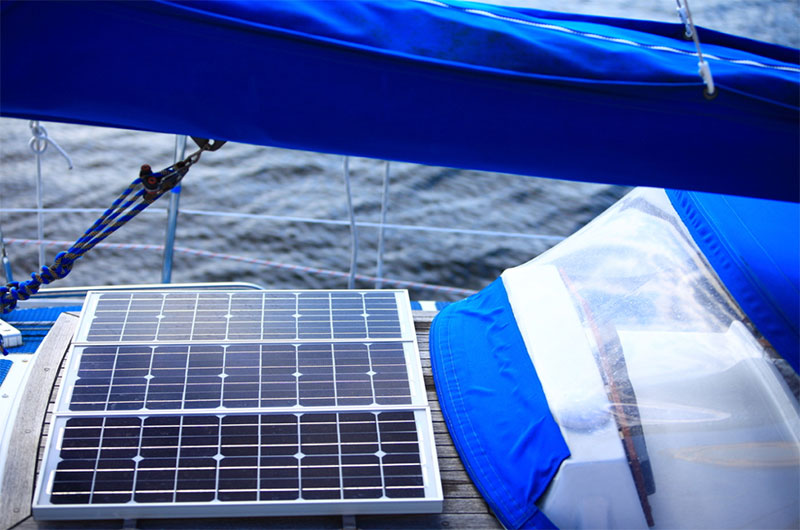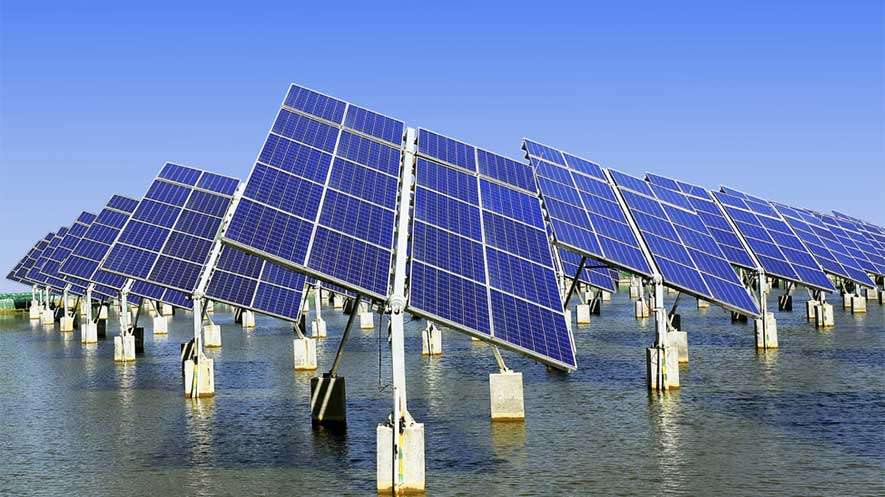Even on an overcast day, the earth receives enough solar energy to fulfill all of humanity’s energy demands tens of thousands of times over. As much progress as we’ve made toward harnessing solar and putting it to diverse uses, we’ve barely tapped into this abundant natural resource.
More than 70 percent of our planet is water—and it receives boundless radiant energy from the sun. ECO asked our friends and solar leads experts at Home Improvement Leads to discuss the various applications for offshore and coastal that can help contribute to a renewable future.
Floating Solar Farms
Lack of abundant land is one issue the solar industry faces. As policymakers and big players in the solar industry seek to scale up renewable energy efforts, bodies of water may be the next frontier. Artificial islands containing photovoltaic solar panels could be used to power thousands upon thousands of homes. At the moment, the industry faces some obstacles to building offshore solar farms, such as designing the structures to hold up against natural disasters and working around oil rigs. But Japanese company Kyocera is already implementing a floating solar farm with 50,000 photovoltaic solar panels. Similar projects are underway in other countries.
Marine Solar Panels

Marine vessels can use solar energy to decrease fuel consumption and increase operating range. Integrated marine solar power systems can provide either AC (alternating current) or DC power (direct current) and can be applied to all types of vessels from fishing and research vessels to cruise ships and oil tankers. The carbon footprints of large recreational vessels are certainly a topic of controversy, and some cruise ship companies are seeking ways to make the future of recreational seafaring a little more sustainable.
Navigational Aids
Solar arrays can be used to power navigational aids like lighthouses, range lights, and buoys. When applied in this way, solar energy reduces pollutants as well as the need for frequent maintenance. Some solar-powered lights used as navigational aids require no maintenance for several years. This increases safety for traveling vessels and rescue operations.
Island Power
The isolation of island communities and limited resources often result in high fuel and electricity rates for their inhabitants. By converting to solar energy, islanders can save money and make their infrastructure sturdier and safer against the threat of powerful storms caused by climate change. Island communities experience the most acute effects of climate change; converting to renewable energy and conserving rainwater is not merely an economic choice, but a stand against careless consumption. Tokelau, a South Pacific Island, is powered by 100 percent solar energy, and serves as a model of success for the rest of the world.





